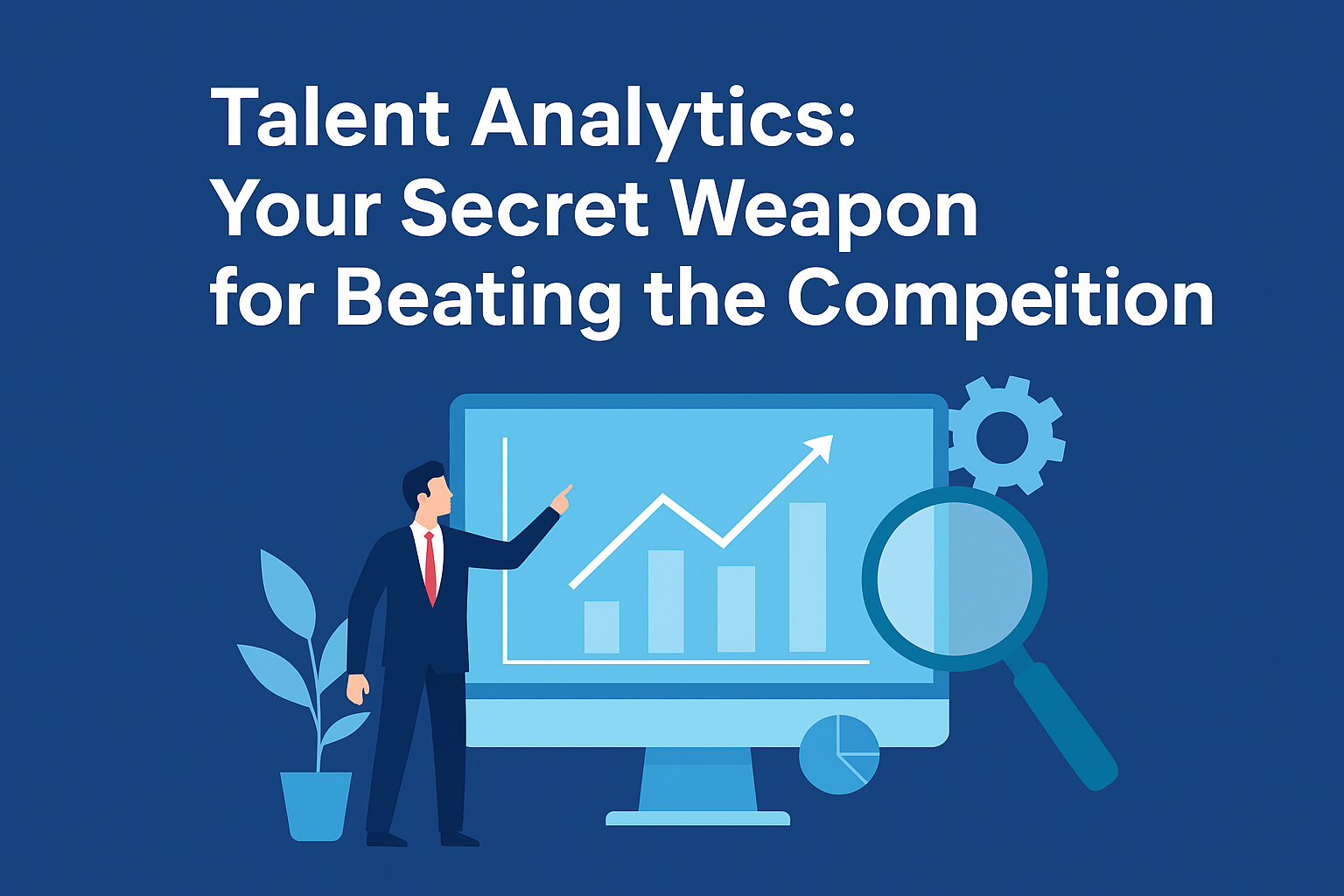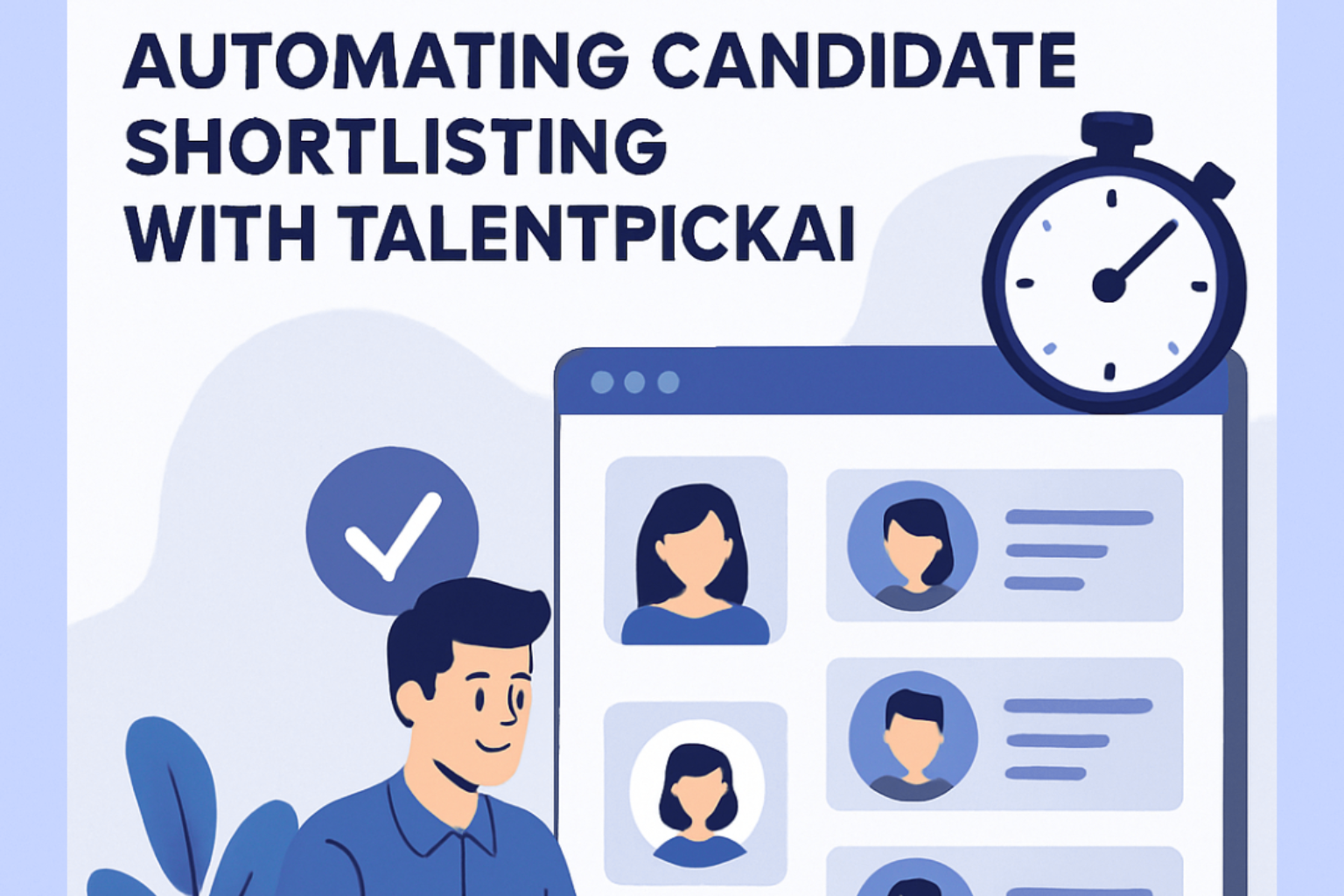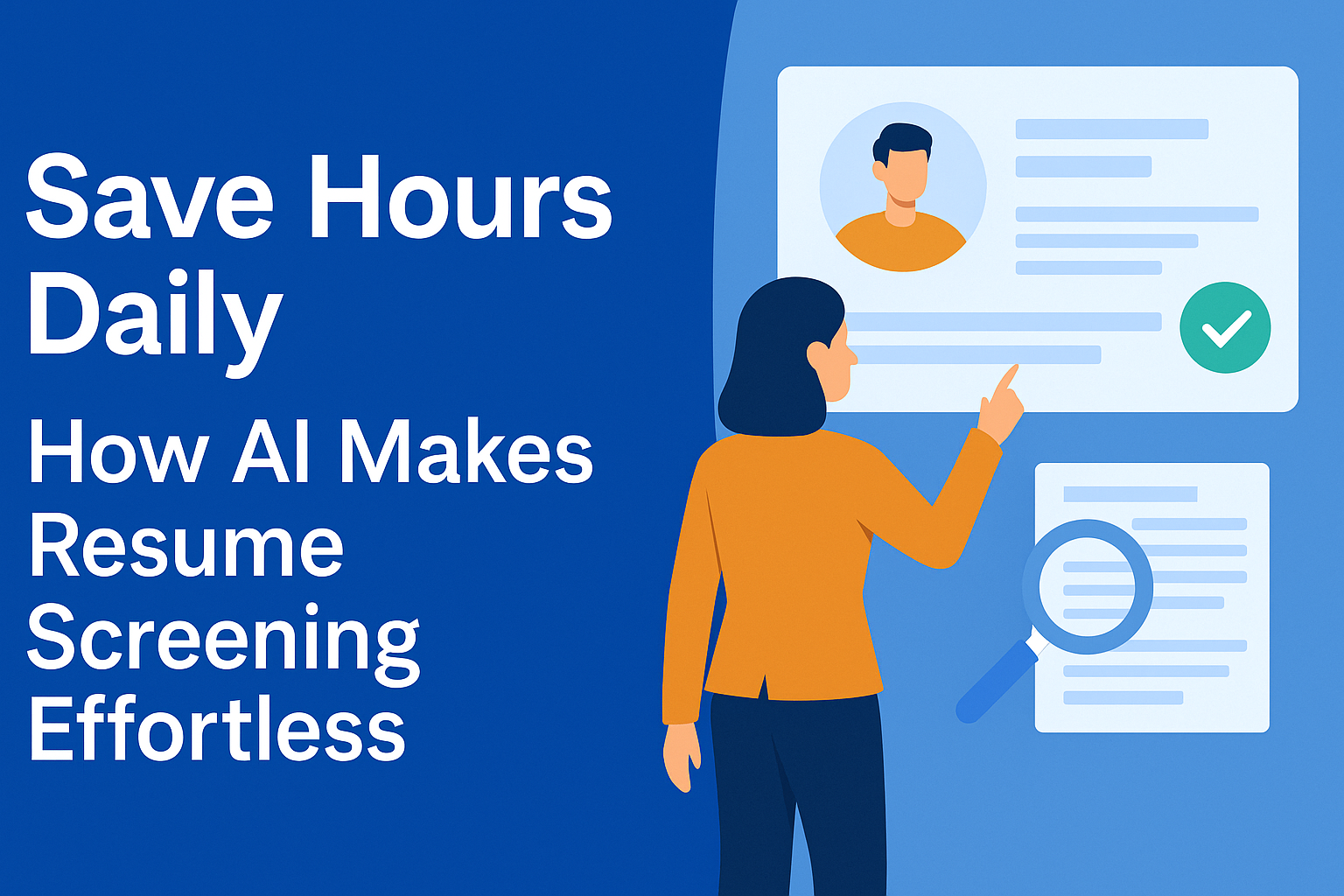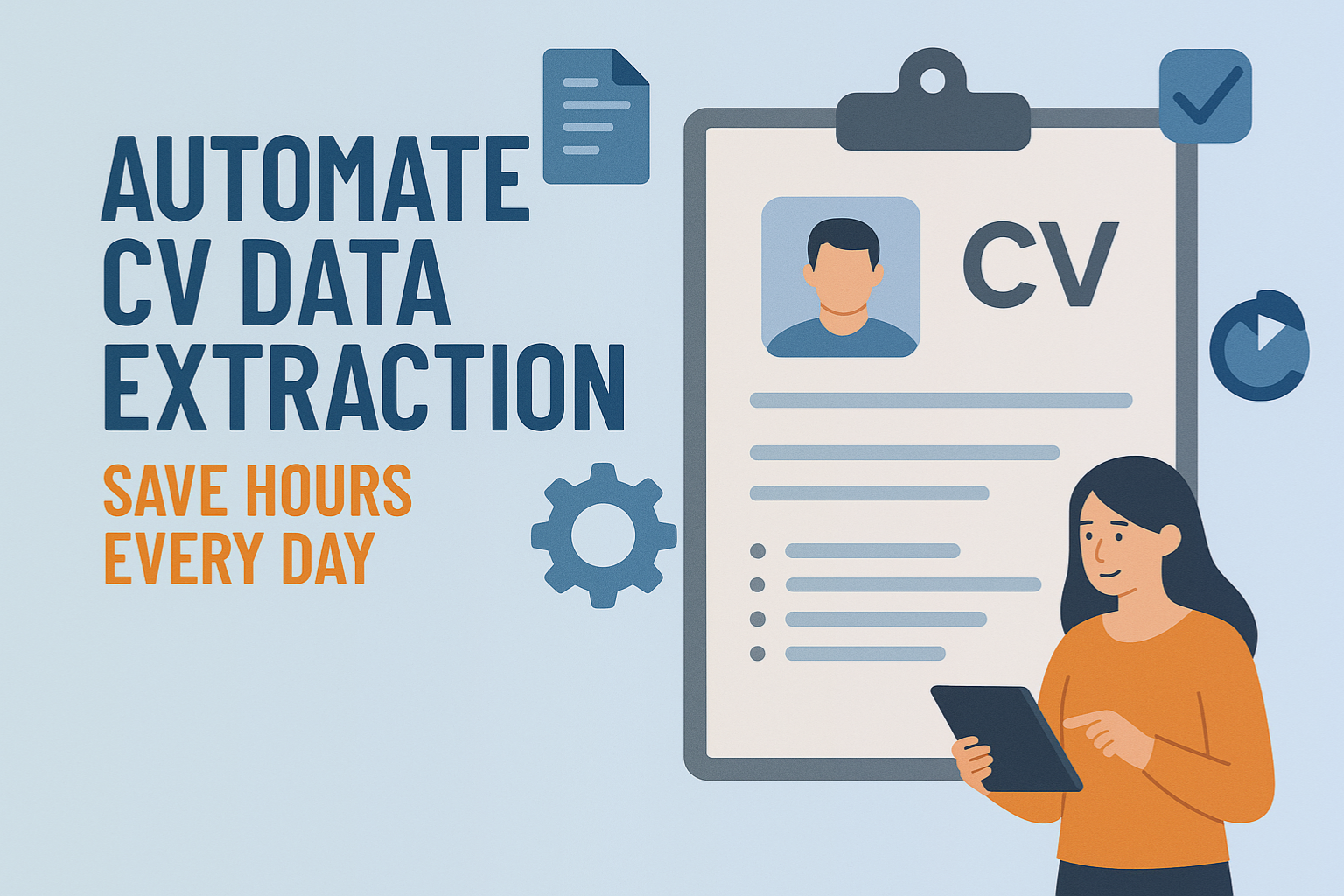
Introduction: Competing for Talent in a Crowded Market
In today’s hiring landscape, speed and precision define success. For startups, the competition isn’t just other small companies, it’s also tech giants, global enterprises, and remote-first businesses that can recruit from anywhere in the U.S.
So how can smaller teams possibly compete? The answer lies in talent analytics AI platforms. Just as financial analytics fuel Wall Street decisions, talent analytics gives recruiters the data-driven insights needed to win the war for talent.
By leveraging tools like predictive hiring AI, AI talent insights tools, and candidate rediscovery AI, startups can make faster, smarter, and more cost-effective hiring decisions.
What is Talent Analytics?
At its core, talent analytics is the practice of using data, AI, and machine learning to make smarter recruitment and workforce decisions. Instead of relying on intuition, recruiters gain clarity on:
- Which sourcing channels deliver the best candidates
- Which skills are in demand across U.S. markets
- Which hires are most likely to stay and succeed
This transforms hiring from a gamble into a scalable strategy.
The Competitive Edge of AI-Driven Talent Analytics
1. Faster, Smarter Sourcing
Traditional sourcing is slow and scattershot. With AI sourcing and matching software, recruiters can instantly identify candidates who align with both technical requirements and cultural values.
AI also reduces “resume fatigue” by filtering out unqualified candidates early—saving recruiters hours of manual work.
2. Predictive Hiring for Long-Term Success
Predictive hiring AI doesn’t just fill open roles—it forecasts how well a candidate will perform and how long they’ll stay.
This helps startups:
- Reduce turnover costs
- Hire for future potential instead of just present skills
- Build resilient teams that scale with growth
Much like predictive analytics in finance, predictive hiring ensures smarter long-term bets.
3. Rediscovering Past Candidates
A goldmine often overlooked is the applicant history database. Using candidate rediscovery AI, recruiters can re-engage candidates who weren’t selected previously but are perfect for current openings.
This shortens time-to-hire dramatically, giving startups a competitive speed advantage.
4. AI Talent Insights for Strategic Planning
AI talent insights tools provide deep workforce intelligence:
- Where top talent resides (geographic trends in the U.S.)
- Salary benchmarks across regions
- Skills gaps within the organization
Armed with this data, startups can plan recruitment like enterprises, even with leaner teams.
5. Data-Backed Diversity and Inclusion
Analytics can reveal where bias creeps in. With bias-free candidate screening and ethical AI hiring tools, startups can track diversity metrics and ensure fair hiring practices.
This isn’t just good ethics—it’s good business. U.S. companies with diverse teams consistently outperform competitors in innovation and revenue growth.
Geo SEO Advantage: Winning in the U.S. Market
For U.S.-focused startups, talent analytics is invaluable. It helps answer key location-based questions:
- Which states have the largest pools of software developers, nurses, or sales reps?
- How do compensation expectations vary between California, Texas, and New York?
- Where can remote-first startups find overlooked but highly skilled talent?
By using AI recruiting software with geo-targeted analytics, startups can focus resources where talent is abundant, but competition is less intense.
Real-World Example: Competing with Giants
Imagine a San Francisco startup competing against Meta and Google for AI engineers. Instead of trying to outbid them, the startup uses machine learning recruiting software and talent analytics AI platforms to identify:
- A pool of strong candidates in mid-sized U.S. cities
- Competitive yet affordable salary ranges
- Candidates who value startup culture over corporate structure
By leveraging analytics, the startup attracts top talent that might otherwise be overlooked by bigger players.
The Human Side of Analytics
Some worry that AI-driven analytics removes the “human” element from recruiting. In reality, the opposite is true.
By handling repetitive tasks—like resume parsing, scheduling, and initial screening—AI frees recruiters to focus on what really matters:
- Building authentic relationships
- Understanding candidate aspirations
- Creating personalized hiring journeys
Think of analytics as the map, while recruiters remain the navigators.
Future Trends in Talent Analytics
As AI recruiting evolves, we’ll see:
- Generative AI for sourcing candidates that predicts emerging roles before they’re mainstream.
- AI agent recruiters acting as virtual hiring assistants.
- Explainable AI in recruiting that allows recruiters to justify decisions with transparency.
Startups that adopt these trends early will be miles ahead of their competition.
Conclusion: Analytics is the New Recruiting Superpower
Hiring in the U.S. is more competitive than ever. Startups that rely solely on intuition will fall behind. By adopting talent analytics AI platforms, predictive hiring AI, and ethical AI hiring tools, founders can build stronger teams, faster.
The secret weapon isn’t just more job ads or bigger salaries, it’s data-driven intelligence that turns chaos into clarity.
With talent analytics, startups can finally compete with the big leagues—and win.
FAQs: Talent Analytics for Recruiters
Q1: How does talent analytics help startups scale?
It provides data-driven insights into sourcing, skills, and retention—enabling smarter decisions.
Q2: What tools are essential for talent analytics?
Key tools include AI recruiting software, talent analytics AI platforms, and candidate rediscovery AI.
Q3: Can talent analytics improve diversity?
Yes. Bias-free screening ensures fair candidate evaluation and more inclusive teams.
Q4: How does geo talent analytics support U.S. startups?
It shows where talent pools are strongest, helping startups allocate recruiting resources strategically.


